Melisa gave an excellent data blitz (and was an outstanding Mack Lab representative) at this year's CEMS. She presented her work on the functional footprints of hippocampal pathways in category learning. Well done, Melisa!
Mack Lab poster presentations at VSS this year!
Saturday, May 18, 2024, 8:30 am – 12:30 pm
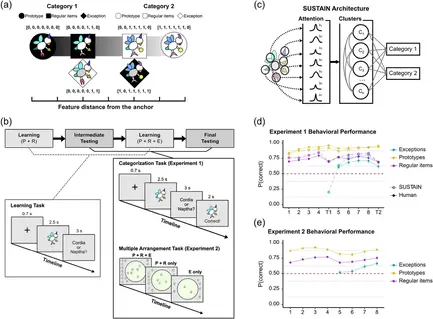 Dory Xie published her first paper in Psychonomic Bulletin & Review. In this work, Dory used novel computational modelling & behavioural approaches to show how selective pattern differentiation and integration support learning and generalization of category exceptions. One interesting wrinkle in the data is that latent representational spaces of category items based on a computational model (thanks again, SUSTAIN!) differ from participants' similarity ratings. Indeed, whereas the model's latent space shows that category exceptions are differentiated from items that follow category regularities, explicit similarity ratings suggest participants are simply grouping exceptions with their respective category. Maybe similarity ratings don't reveal cognition's latent spaces? Read it here: https://link.springer.com/article/10.3758/s13423-024-02501-8 The Mack Lab will be all over CNS this year!
Saturday
Learning regularities and exceptions are supported by distinct hippocampal pathways as revealed by diffusion-weighted functional footprints
Wed., Nov 15, 8am-12pm, Poster SS25 Melisa Gumus is presenting a poster at SfN on an exploratory method we call pathway footprints! Can you use white matter pathways to constrain where to look for behaviourally relevant functional activation? If you're looking in the hippocampus, the answer seems to be yes! To learn more, see Melisa at SS25 on Nov. 15!  Melisa Gumus was awarded a 2022 NSERC Vanier Canada Graduate Scholarship! This scholarship is only of the most selective and prestigious awards for Canadian graduate students. As described on the Vanier program website: "Vanier Scholars demonstrate leadership skills and a high standard of scholarly achievement in graduate studies in the social sciences and humanities, natural sciences and/or engineering and health". Congratulations, Melisa! We are super excited to be back at SfN! Check out Mateja and Emily's poster on Saturday, Dory's poster on Sunday, and Melisa Gumus' talk on Monday: 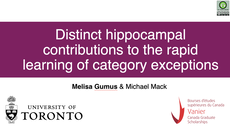 Talk Distinct hippocampal contributions to the rapid learning of category exceptions Melisa Gumus, Michael Mack Monday, 1:30-1:45pm, Nanosymposium Human LTM: Encoding and Retrieval 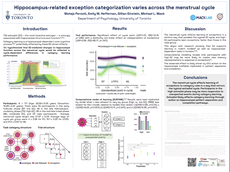 Poster Hippocampus-related exception categorization varies across the menstrual cycle Mateja Perovic, Emily Heffernan, Gillian Einstein, Michael Mack Saturday, 1-5pm, Poster board UU2 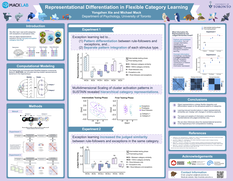 Poster Representational differentiation in flexible category learning Yongzhen (Dory) Xie, Michael Mack Sunday, 8am-12pm, Poster board WW37 |
AuthorWrite something about yourself. No need to be fancy, just an overview. Archives
June 2024
Categories |




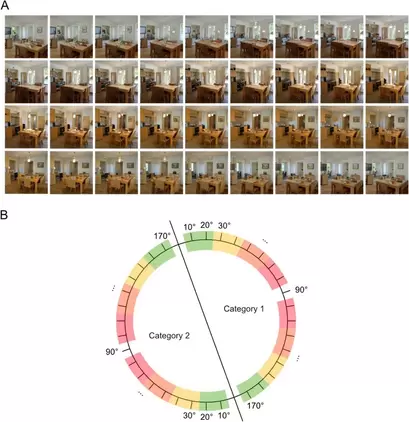
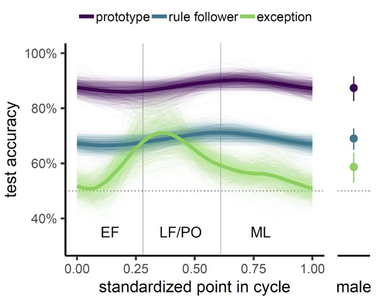
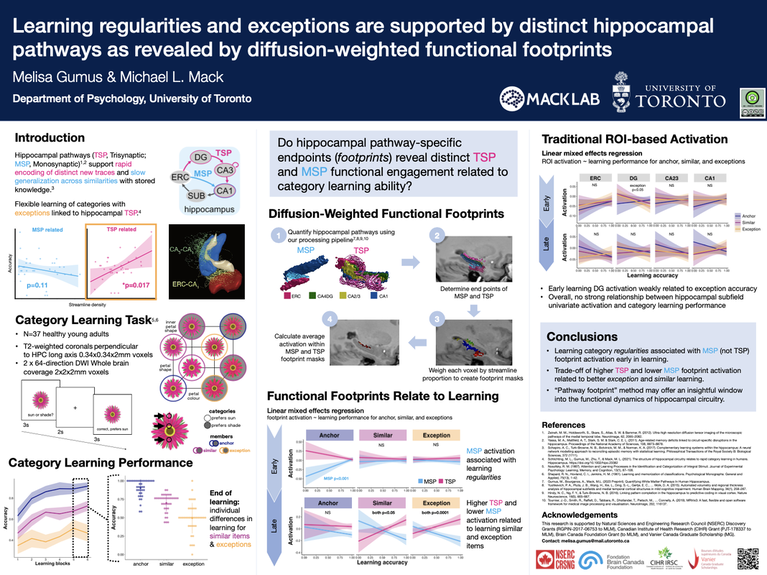
 RSS Feed
RSS Feed